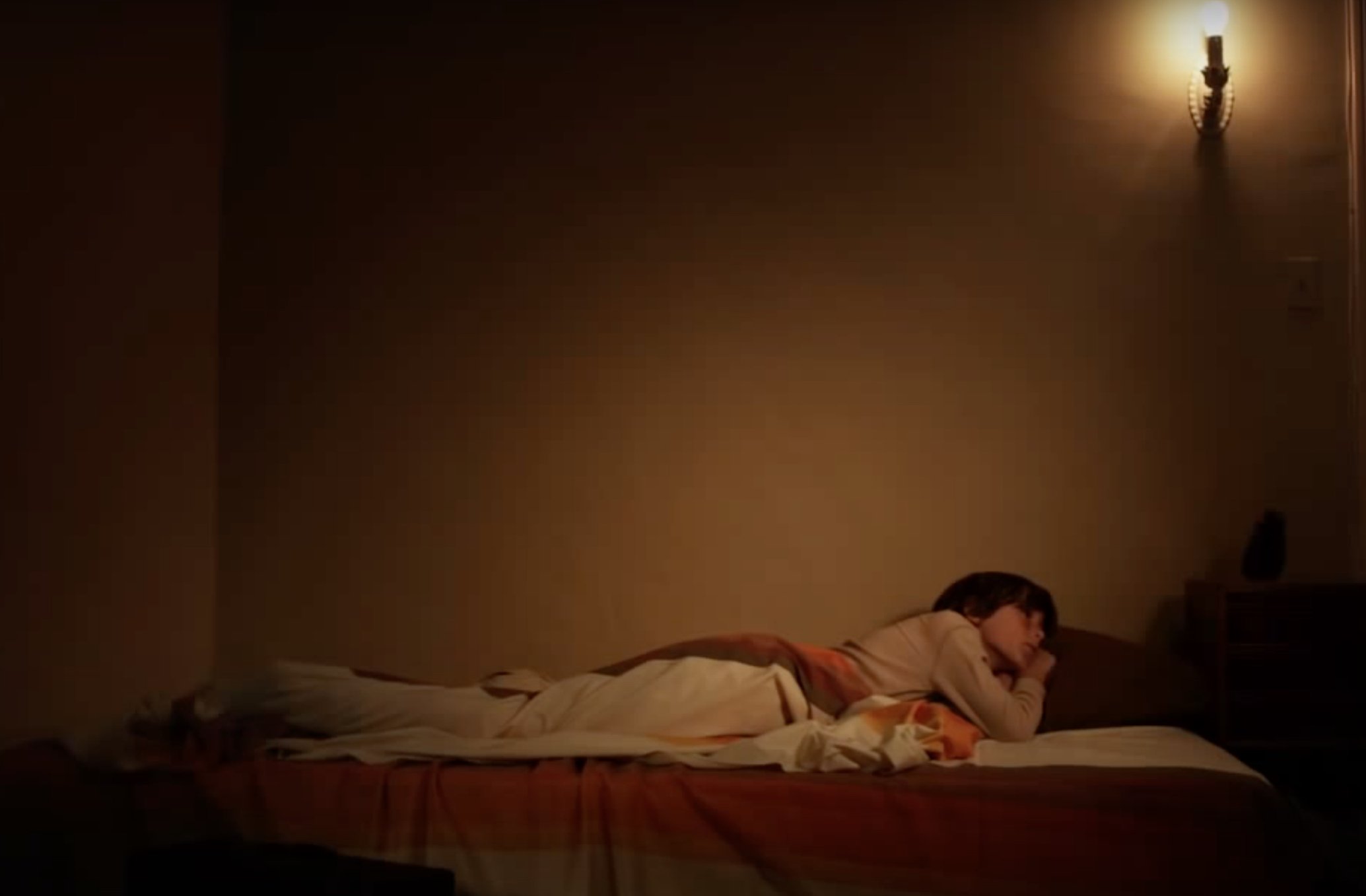So many people have asked me about this, since I’m a bit of a lay expert in insomnia. I’m the guy who started an album with a verse that ends “haven’t slept for eleven days”. And I wasn’t exaggerating.
And I haven’t blogged in a long time (do people still blog?) Consult your doctor; this is not medical advice, and I’m not a doctor. Just sharing what’s helped me. I’ll post this in case it may help others.
– Ethan
ETHAN’S TIPS TO DEVELOP A HEALTHY RELATIONSHIP WITH SLEEP
ATTITUDE AND SCHEDULE
*Go to sleep when you’re tired. Sounds simple, but it’s very much not the norm in our society. Even if it’s socially or professionally inconvenient, this is a revelation if you do it consistently. Your brain will learn to work with your body, instead of against it. Eventually you will likely naturally adjust towards a more convenient schedule.
*On waking up in the middle of the night: Before electronics, humans did not sleep 8 hours straight. Modern experiments where people were taken away from any electricity, as well as stories from tribes, as well as Shakespeare, all describe how sleeping worked before artificial light: People would go to sleep a while after darkness fell. Then they wake up in the middle of the night (sometime 1-4am). Tribally, this was a time for storytelling, gentle meditation, sex, quiet semi-conscious contemplation. Then people would drift back for “second sleep”. So, do not berate yourself for waking up! We aren’t designed to always sleep like a rock for 8 hours straight. Allow those awakenings in the night to be soft. No pressure on the self. Stay in the dark, or read with very low light. Stroll around the house in the dark, gently. Stretch gently. Meditate gently. All of this can be in a sort of half-awake state. And then when (or if) you feel a bit tired, whether in 20 minutes or three hours, drift to bed again, even if there’s a tiny bit of morning light coming.
*Tell your brain to turn off. Like a switch. Turn it off. “Thanks, you might be trying to help, but all your chatter is not helping. At all. I’m shutting you off for the night. Bye.” Clink: Off.
LIGHT
*As soon as you get up for the day, go into somewhere bright. Go outside. Open windows. Take in the sun to start the day, and reset your inner clock. Get sun on your body and eyes. Look east (not right at sun obviously). Move your body outside.
*As close to complete darkness in bedroom. That means blinds that truly block the light, including the corner.
*Also, don’t turn on bathroom light when going to bathroom. Use gentle nightlight with as little light as possible.
*Consider low-blue glasses at night which block the kind of light that tells our brains to wake up.
*Get rid of clocks that show the light. You don’t need to see the time in the middle of the night.
ELECTRONICS
*Use f.lux app which changes color tone of computer to go with natural rhythms. Use Night Shift mode on phone. I have these both set to be on all day other than for one minute at noon. No reason to ever get blue light from electronics. Get it from sunlight.
*No computer, phone, or tv after 11pm, for mental and psychological reasons.
*Put phone into airplane mode when you sleep so you’re not distracted by all the BS.
*If you want something to wind down with, a book is best, so you don’t have electricity and light diodes going into your eyes. I like books that are a little bit interesting, like history books, but not too diverting, like a novel which you get wrapped up in. Especially – no magazines! Many are built to play on insecurities. And news is bad and upsetting. It plays on fears and insecurities. I want to leave time at this point.
*Read with low-blue light, or even a low-blue bulb. It really helps.
ACTIVITIES FOR ENERGY STABILIZING
*Exercise is essential. I find it best to do first thing in the morning, as it kick starts energy for the day, so you expend energy all day, and that helps the night be relaxed. Running, yoga, even simple things in your room, like dancing to your favorite music, stretching, jumping around. Even 10 minutes of anything is far better than nothing. Keep your goals low at first so you can reach them daily. It will really help your body reset.
*Look towards the sun (don’t hurt your eyes though) in the early morning to start your day.
*Stretch before bed. Gently. This really can help. Do at your own pace. Hang arms and legs and head hanging upside down.
*Also can try tensing all muscles in the body like crazy, including tongue, for 10-15 seconds, then relax.
*Having a meditation practice in your life (there are so many kinds – pick one that suits you). Daily meditation, 20 minutes, can change everything.
TREATMENTS
*Craniosacral therapy can really help. A good healer can get your cerebrospinal fluid, and your cranial bones, into the nice very slow pulse they want to reside in.
NATURAL SUBSTANCES
Have an arsenal of ‘tools’ to use, as you learn how they function differently. I like to vary what I use to decrease the possibility of any dependencies.
*5-HTP or Tryptophan (not both — they function similarly and should not be overdone; 5-HTP may be more direct; Tryptophan more subtle). Kind of like having turkey, which has a lot of tryptophan, and amino acid that is very relaxing. If I take this I find I tend to wake relaxed and happy. Take before bed. Note, if you’re on SSRIs, consult with Dr. They affect serotonin and probably shouldn’t be mixed with SSRIs or similar psych meds.
*Magnesium: mineral which helps with bowel regularity and is also a muscle and general relaxant. Take before bed. Note: start with a recommended dose and see how you react – taking too much could cause excessive pooing in the morning!
*Melatonin: natural hormone which decreases with age, and helps regulate sleep cycle. I find I get a slight hangover from this (foggy mind, depression). But it can help. Especially important if you take melatonin to go into daylight in the morning to reset your clock. Take before bed.
*Source Naturals Night Rest is a good combo of melatonin and herbs, for before bed.
*Take a good vitamin B Complex (with methylcobalamin form of b12, rather then the cyanocobalamin form) every morning. Great for mood stabilization.
MEDICATIONS
These are more intense and risky tools. Use these only occasionally if at all, as they are addictive. I’d say don’t use more than once a week, maximum. But good to have for desperate situations, to possibly kick-start you out of a cycle of extreme insomnia. I repeat: THESE ARE ALL ADDICTIVE AND SHOULD BE USED ONLY INFREQUENTLY IF AT ALL. But, non-judgmentally, having a drawer of these things helps, even knowing it’s there. But never take more than a small amount (the minimum dose). Ever.
*Ambien: Fairly short-acting sleep medication.
*Sonata: Very short-acting for falling asleep, not staying asleep – leaves bloodstream quickly.
*Xanax: Anxiety medication can help with sleep. Extremely chemically addictive. Don’t use more than a couple times a month; often the night after use can be worse. But to kick-start a better cycle, these tools can be helpful. Honestly, I’d avoid all of these other than literally if you need to break an insomnia cycle for one night. But then don’t repeat the next night. My opinion. “Talk to your Doctor” as the saying goes.



